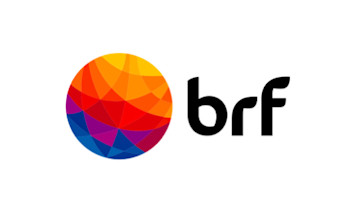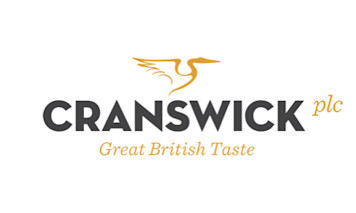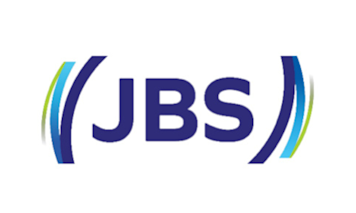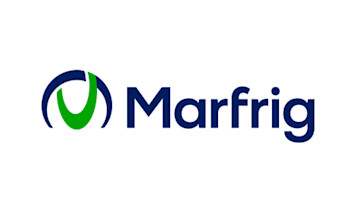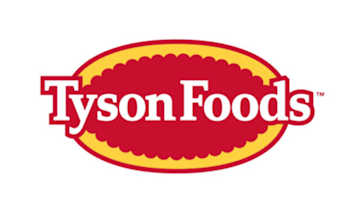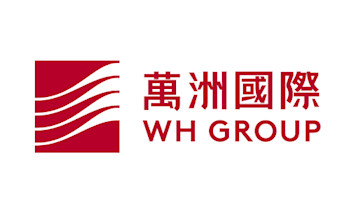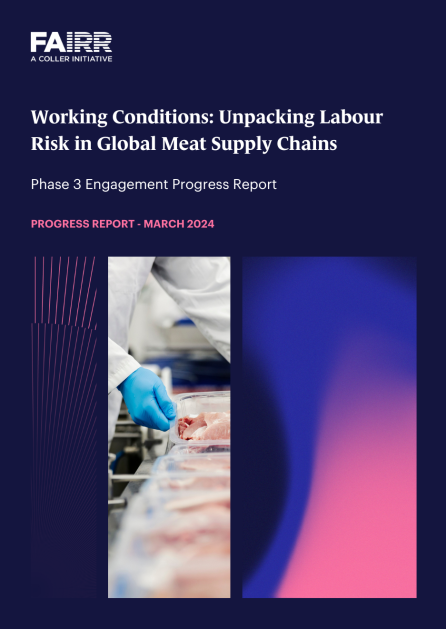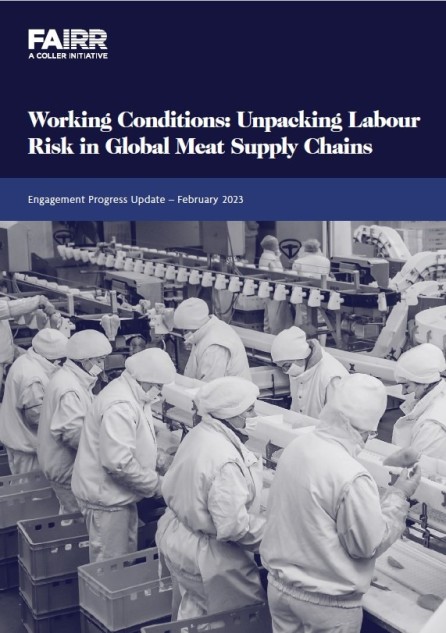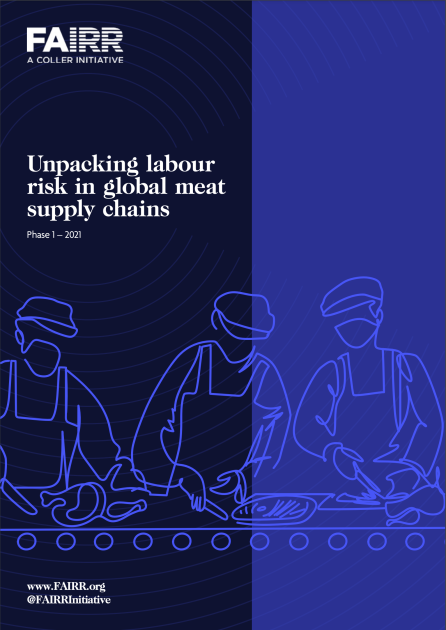
Overview
Background
The meat industry is an important contributor to the GDP of leading world economies, including Brazil (8.5% of GDP), the US (5.8% of GDP) and the European Union (0.7% of GDP), whose combined production along with China’s represents ~68% of total meat products globally (i.e., beef, pork and chicken for the year 2020). The sector relies on labour-intensive value chains that directly and indirectly employ over 6.1 million people in the US, about 9.5 million in Brazil, and one million in Europe. Collectively, the companies in this engagement employ over half a million workers.
Workers in the industry, however, face hazardous conditions and exposure to risks from factors such as dangerous machinery, fast line speeds, repetitive tasks and biological agents. Companies do not effectively empower employees to report such risks, largely lack proper oversight of workers in their value chain, and fail to disclose important labour metrics publicly.
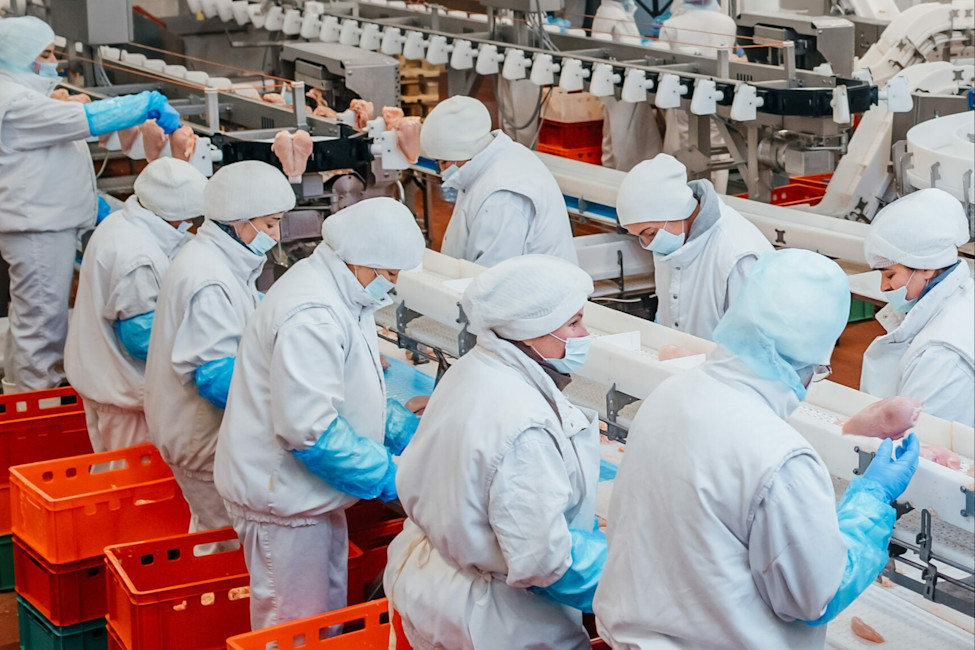
Selected Companies
This engagement focuses on six of the world’s largest animal protein producers. Investor Members can log into FAIRR’s investor portal to access individual company-level analyses.
Material Risks
The Phase 3 progress report, Unpacking Labour Risk in Global Meat Supply Chains, shows how the livestock industry’s heavy reliance on human capital amplifies the material impact that labour issues have on the business. The report also highlights how failing to protect meat workers drives labour shortages that cause immediate material damages to producers, including unexpected costs, contracted production capacity, disruption of operations and food supply chains globally. To avoid these outcomes, greater recognition is needed from companies in their policies, disclosures and practices as to the importance and significance of Worker Voice in identifying risk within operations.
Hence, there is a clear need to strengthen labour standards and corporate practices among animal protein producers to mitigate labour risk in the industry. Of particular concern is the lack of oversight of subcontracted workers which has increased companies’ exposure to child labour violations. In addition, broader industry trends, such as the transition to a green economy and automation, pose serious human capital challenges. Strong labour management strategies will be instrumental in defining future food production.
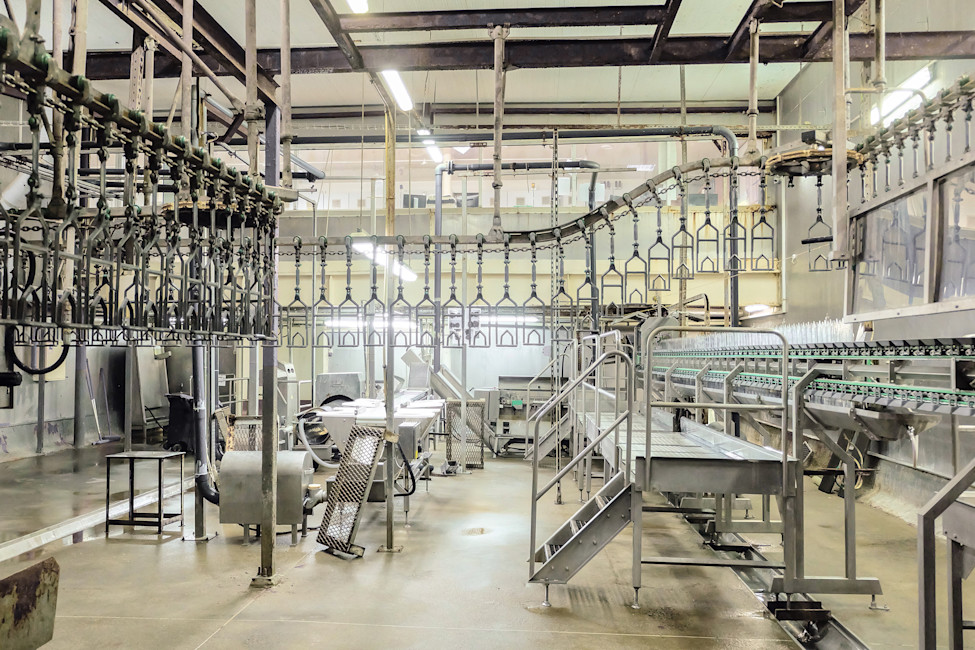
Investors Signed On
Phase 3 of the engagement is supported by 93 investors, representing US $21.3 trillion in combined assets, an increase of US $4.9 trillion from Phase 2.
The latest progress report, Working Conditions: Unpacking Labour Risk in Global Meat Supply Chains, was published in March 2024

